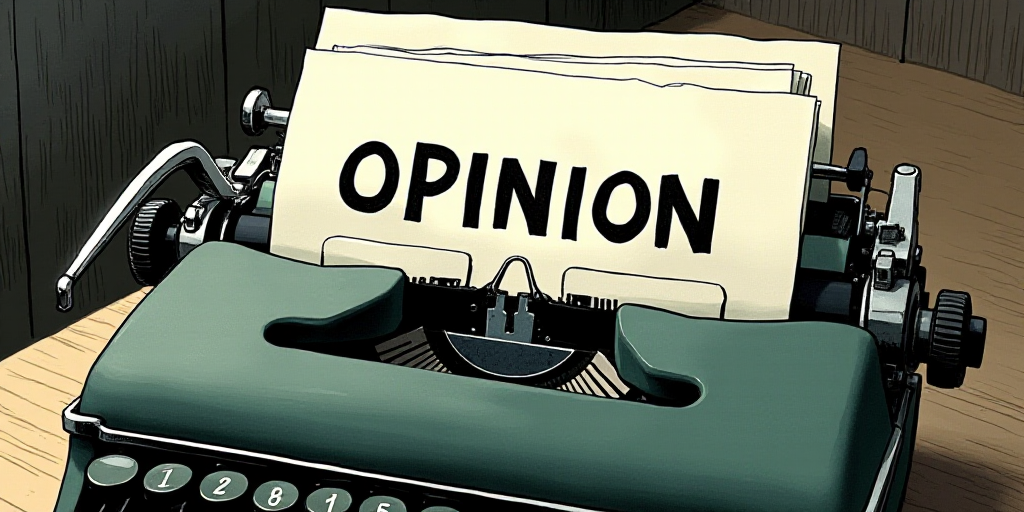The Inevitable Judicial Election: A Divisive Issue
On June 1st, an inevitable judicial election will take place, further polarizing the nation, especially over the past 25 years. This exercise in synthesis, following Hegelian/Marxist dialectics, may lead to the disappearance of one of the two factions. Which do you believe will vanish – the one you support or the one you oppose?
The Exaggerated Factions
Both factions are equally exaggerated. The Mexican right, referred to as PAN-PRD (or PRI-AN if using Morena’s terminology), claims that electing judges is the worst thing to happen to Mexico in recent history – quite a statement, given the country has faced truly horrific events. They argue this election signifies the end of democracy and the beginning of a dictatorship. Some of their figures even demand President Sheinbaum to halt the election, showcasing their lack of understanding of constitutional limitations.
On the other hand, the left, led by Morena, believes their reform will purify the judicial power and bring justice, order, and peace to Mexico. They claim that once the process concludes with judges assuming their positions on September 1st, Mexico will experience a corruption-free era. This echoes López Obrador’s promise that crime and graft would vanish the day he took office. While it’s unlikely Morena’s leaders genuinely believe this, their devoted followers may be misled.
The Necessary Aspects of the Judicial Reform
The federal judicial power indeed required an integral reform. Several points proposed by the “cuatro años” (four-year plan) and approved through two Panist plurinominal representatives – Yúnez brothers – are, in my opinion, beneficial. These include replacing the Judiciary Council with a more specialized Administrative Judicial Organ, establishing a Tribunal of Judicial Justice, setting maximum timeframes for sentencing (six months in tax matters, one year in criminal cases), banning the federal executive from proposing minister candidates for the Supreme Court, eliminating court chambers and resolving cases only in plenary sessions, reducing minister terms from 15 to 12 years, and limiting exorbitant salaries. While not perfect, this reform contains positive elements that were necessary.
The Controversy of Voting for Judges
What disturbs many Mexicans is the voting process for judges, given their highly technical function. While it’s understandable to vote for a president or legislators, some legal professionals find it challenging to support judge elections due to concerns about political and narco-influence corrupting their technical roles. Ironically, this fear comes from politicians of the PAN-PRD, who worry judges might become as corrupt as they are.
The Opposition’s Call to Boycott the Election
The opposition urges citizens to boycott the election, claiming it “validates” a “sham.” However, this reform is already part of the constitution and doesn’t require opposition validation. Calling for its rejection is essentially calling for constitutional disregard. Moreover, avoiding extremist reactions like those of some morenistas who wish to imprison non-voters is crucial.
The June 1st vote isn’t a constitutional sham, but low voter turnout could render it a failure. With 100.5 million registered voters, achieving only 30% participation would be disappointing; below 15%, it’d be ridiculous, and under 10%, another Mexican farce. This indifference would explain why Mexico remains stagnant since gaining independence, with governing classes consistently benefiting regardless of color.
A Political Existential Choice
Unlike Hamlet’s existential dilemma, voting or not voting presents a political choice with existential implications for the political animal (zoon politikon). While this election isn’t a sham, it might appear as such – gatopardism, where the judiciary’s function remains largely unchanged despite title swaps. Regardless of political leanings, the constitutional system continues to sail.
To Vote or Not to Vote: The Decision
Having researched candidates, I’ve decided to vote for those with the best credentials. If you plan to vote, inform yourself and avoid mindlessly supporting Obrador. Your vote won’t validate anything since the election is already legally convalidated. If you choose not to vote due to disagreement, that’s fine; no one can force you. However, don’t let conservative relatives or media influence your decision.
Opposition members should vote to ensure a counterbalance to the current regime, which doesn’t need your vote to validate the election. There are suitable opposition candidates; don’t dismiss them due to Sheinbaum’s endorsement. Visit the INE website, take the practice test, and see that informed voting isn’t as difficult as portrayed.
The Historical Dialectic
Returning to the dialectic with which I began, our current situation is a historical outcome. Hegelian/Marxist dialectics hold true, with Mexico’s independent era featuring opposing reality interpretations: conservatism (thesis) and liberalism (antithesis). Liberalism prevailed with Juárez, Lerdo de Tejada, and Díaz. However, this liberalism (thesis) was contested (antithesis), leading to the revolution and the PRI’s emergence (synthesis). The PRI (thesis) also faced contestation (antithesis), collapsed, and ushered in alternance (synthesis). This new scheme, though democratic, was deeply corrupt and eventually collapsed. Our present situation (synthesis) may please some, but it’s the reality.
As we navigate this historical phase, remember that change takes time. Quadri’s claim that Morena would take a century to lose power if Trump entered the scene might be inaccurate, but Fernández Noroña’s prediction that Morena will remain in power for at least the next 40 years seems plausible given their current dominance. However, nothing lasts forever; Morena will eventually face a new antithesis and give rise to a new synthesis, as history dictates.






